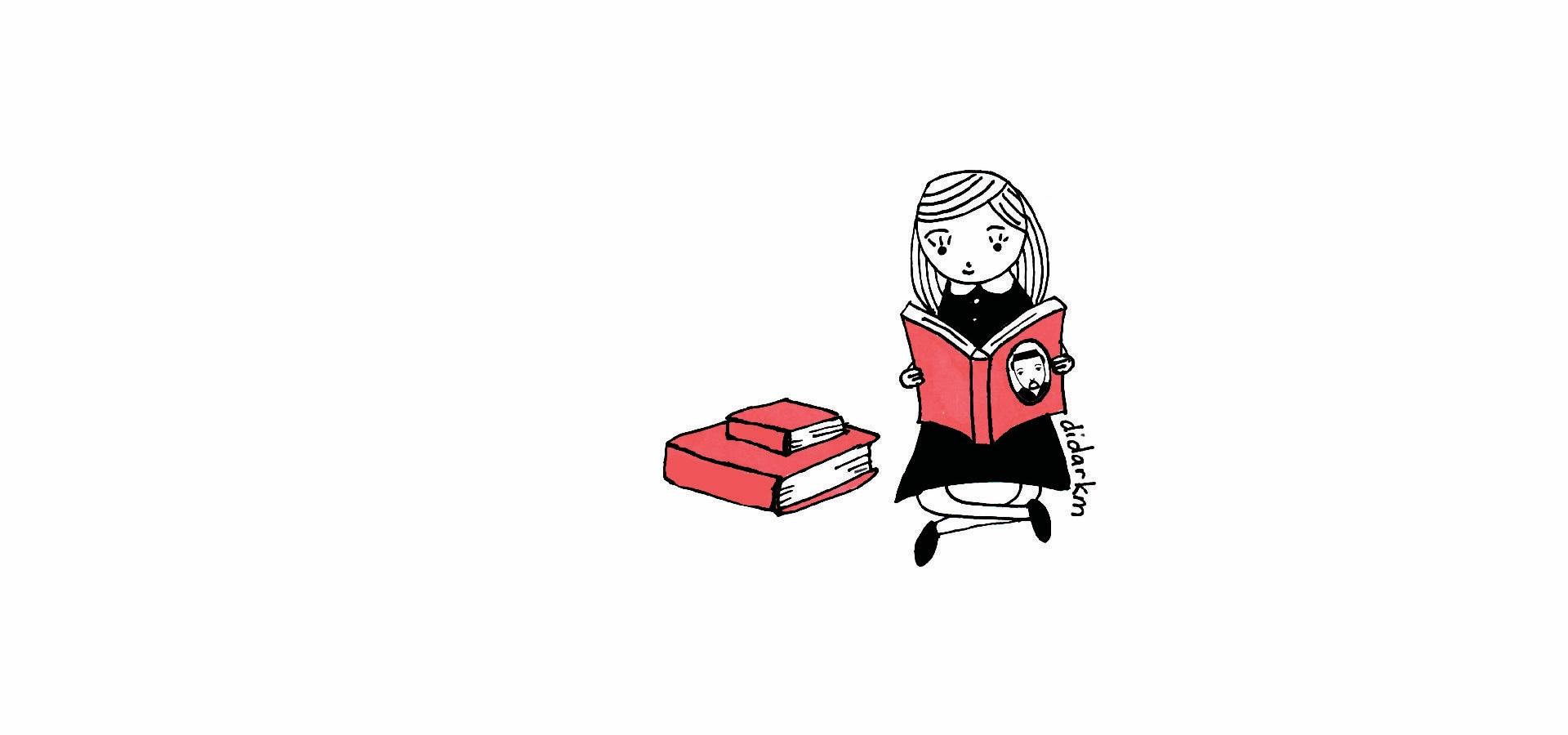Big ears.
This is the first outstanding facial feature that catches my attention as I scrutinize the photograph glued to my passport. People often tell me that with such ears my hearing range must easily rival that of a dog. My gaze slowly shifts to my almond-shaped eyes, slightly slanted, a reason why most foreigners greet me with “Ni Hao,” ask me about the latest events in Beijing, and simply assume that I am oh-so-obviously Chinese. After meticulously examining the picture, quite content with the earthly form into which Mother Nature has stuffed my soul, I look at the name imprinted right next to the image and give out a heavy sigh.
Didar. If not for the bold “F” listed under the gender category and the evidently female face depicted on the photograph, any Kazakh person would have thought that this passport belonged to a man.
How did I happen to have a masculine name? Well, it all started one chilly September morning when my family expanded upon the arrival of the fourth daughter. My dad could exclaim Allah Akbar with relief, because having four girls in Islam automatically reserved him a spot in heaven. Although I was not what everyone expected — a long-awaited product of an XY chromosome — I was still warmly welcomed into the household.
My parents’ imagination was severely depleted after having named three previous daughters, so the process of engendering a name for me extended over two months. For almost eight weeks, my constant yelling could earn me no greater distinction than “The Baby,” until my beloved aunt happened to blurt out a word that became an irrevocable part of my identity. She called me Didar. A very beautiful, unusual name… for a boy.
Many details surrounding a number of embarrassing childhood moments relating to the confusing nature of my name would be lost to posterity — if it weren’t for the family archives. Once at a social evening, my parents found it amusing to stuff me into a tuxedo and introduce me to the guests as their son. The act of selling the identity of my gender for mint candies is documented in numerous baby pictures, where, in blissful ignorance, I am posing happily in a man’s suit.
Although after that memorable evening I was never seen wearing tuxedos, my sex remained an inexplicable mystery and an object of public scrutiny that deserved to be disputed, questioned, and poked fun at. During my childhood and early adolescence I could not help but feel like a bizarre exhibit in Ripley’s museum. Setting people straight on the subject of my gender, telling how I managed to have a man’s name in my passport, and arguing that Didar sounds feminine enough became part of my painful routine. When signing up for appointments on the phone, I would wait for the operator to ask again if I was really a girl. I became accustomed to receiving inappropriate e-mail from miscellaneous computer generated representatives of the female gender who supposed that Didar KM enjoyed being told that he was a “hot guy” as a part of a marketing pitch. The joke that my wedding, due to inaccurate paperwork, will be registered as one of the first gay marriages in Kazakhstan, became a classic.
When the recurring unpleasant incidents started to pester me, I confided in my mother, who immediately came up with a plausible myth that Didar was a rare name originally meant for girls. I fully believed her, until the World Wide Web enlightened me — she lied. In all three languages, Didar came up under the category of “Boys.” Yes, Santa Clause did not exist and my name was purely masculine. I faced an existential crisis.
When the tearful request of changing my name was flatly denied, I wrenched on the carpet, mourning all those beautiful and cliché names like Jamilia and Anelya that were unfairly granted to the girls next door. Most girls associate the dawn of adolescent years with feverishly washing hands after smoking cigarettes and sneaking out of the house wearing midriff-baring Britney Spears-saluting tops. Well, I remember plotting a long, bureaucratic process ready to be executed on my 16th birthday, the day I could get an official identity card and finally change my name. Eliminating all the radical options, I decided to become simply Didara, since in Russian speaking countries most women’s names end with an “a.” However, having awoken from the prolonged teenage lethargy, my hysteria came to its inevitable end, allowing me to examine the situation from a more mature perspective.
Clearly, I was being overly-dramatic; many unfortunate women dealt with names far more embarrassing than mine. In some areas of Kazakhstan, families still call their daughters “Ulbolsin,” for “Let-The-Next-One-Be-A-Boy,” and “Kiztuma,” meaning “Do-Not-Give-Birth-To-A-Girl.” Others, either as a cruel joke on their children or from a pure lack of imagination, come up with peculiar names such as Chair, Duck, and Khan of Candy. There are amusing cases like the name Sugar, which when pronounced in Kazakh sounds like a rude English denotation for the female genitalia. When comparing myself to those unlucky women, I realize that the name Didar is not as bad as I used to think it was. As far as I know, it does not resemble any profanities in other languages and sounds quite pleasant to a foreign ear. Besides, my name has been a part of my life for seventeen years. Adding a single letter to the end made me feel like a completely different person.
Kazakhs believe that a name affects a person’s entire life. In Farsi, Didar means “vision.” Maybe that is what my life is about — being noticed and standing out in a crowd. I have a masculine name, but this is not the end of the world; this is what sets me apart from others, a part of my unique identity. After long hours of painstaking analysis, I have finally learned to love and appreciate my name. Embracing this simple truth was an enjoyable experience, because I realized that I am, big ears and all, a splendid human being with a whole package of unique, hard-to-find qualities.

